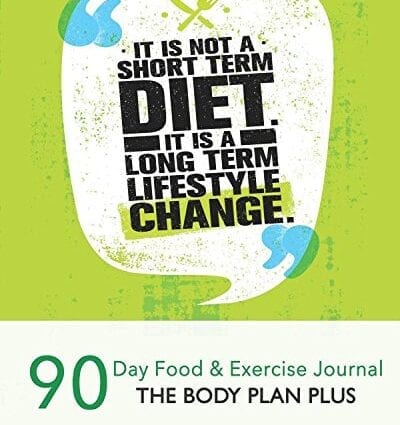Contents
Losing weight with dietary restrictions can be quick and slow. Short-term restrictive diets are behind fast weight loss, and long-term nutrition systems are behind slow ones. Each method has advantages and disadvantages. Let’s look at how these diets differ, how our body reacts to them, and what are their pros and cons.
Short term diets
Short-term diets include mono-diets, which involve eating only one product or only one type of food for 5-10 days. These are diets: apple, chocolate, kefir, chicken, 6 petals diet.
Losing weight on them occurs by reducing calories, losing fluids and losing muscle mass. So, in the early days of the diet, as a result of a sharp reduction in calories, the body gets rid of water. See what happens. Together with the calorie content, the amount of carbohydrates is reduced, which, with a normal diet, the body stores in the form of glycogen in the liver and muscles, depositing the excess in fat. Glycogen is a carbohydrate source of energy for the body. In an adult, its volume is about 300-400 grams, but each gram of glycogen binds 4 grams of water. With a lack of carbohydrates and calories, you use up the available glycogen and lose water, but as soon as you return to a healthy diet, the body will restore its reserves. This is normal and physiological, but has nothing to do with fat burning.
When glycogen stores are depleted, and you continue to sit on a mono-diet, then your body begins to use its own muscles as a source of energy. And since muscle is heavier than fat, you continue to observe the cherished minus on the scales. The body spends fat in the last place – this is its “safety cushion” in case of hunger.
It is impossible to stay on a “fast” diet longer than a given period, since the nervous system is depleted, immunity worsens, and various disorders of the gastrointestinal tract develop. A short-term diet usually ends with a heavy overeating. Many people who lose weight have experienced the yo-yo effect, being carried away by such diets.
Pros and cons of short-term diets
Dietitians do not consider rigid diets as a long-term weight loss strategy, but they may recommend them on rare occasions. For example, when a patient is preparing for an operation and he urgently needs to lose a few pounds, or when an important event is on his nose and you need to lose weight for him at any cost.
So, plus, short-term diets have only one:
- Fast weight loss – not fat, but weight.
There are much more cons:
- The lost pounds will inevitably return;
- Frustration from bad experience;
- Loss of muscle mass and slowing down of metabolism;
- Gastrointestinal problems;
- Deterioration of immunity;
- Hormonal disorders if the diet was prolonged.
Long-term diets and nutritional systems
Long-term diets include nutritional systems that can be followed for up to 6-8 weeks. These are diets: Atkins, Ducan, Japanese, Kremlin, protein-carbohydrate alternation and others. Losing weight here also occurs due to the loss of fluid as a result of reducing salt or carbohydrates. First, there is a rapid loss of 1,5-2 kilograms, and then the weight loss slows down. The loss of muscle mass is prevented by an adequate amount of protein in the diet, as well as regular exercise.
These diets are not as low in calories as short-term diets, so they can be followed for a long time, but weight loss will not be rapid.
Pros and cons of long-term diets
Pros:
- Wider list of permitted foods compared to short-term diets;
- Adequate calorie intake;
- The ability to develop the right habits and maintain the result after the diet.
Cons:
- The risk of hormonal imbalance with a strong calorie deficit for a long time;
- Violation of the water-salt balance, if the diet involves the exclusion of salt;
- The risk of developing eating disorders.
You can’t go on a diet forever. Therefore, after its completion, many return to the lifestyle that brought them to the state before the diet and gain weight back. This happens because during this time it was not possible to develop habits that would allow keeping the result. There is a number of scientific studies that have shown that restrictive diets do not give long-term results, but lead to even more overeating and weight gain.
Short and long-term diets have one thing in common – they are all aimed at making you eat fewer calories in one way or another. So why torture yourself by giving up your favorite foods when you can comfortably lose weight by counting calories and developing the right habits?










